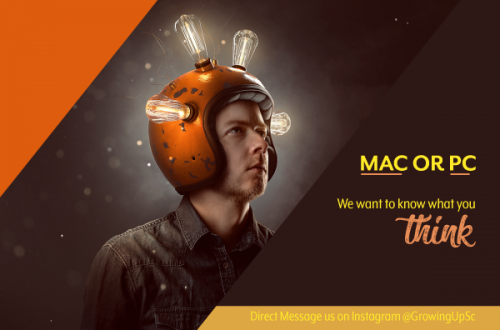My granddaughter is adorable and everything she does is adorable. I’m not just saying that because I’m her grandmother. Everyone thinks so. She is objectively adorable. Why do I feel the need to say that? Probably because I am not only an adoring grandmother, I am also an obnoxious grandmother. And I’m not just saying that. I am objectively an obnoxious grandmother. Everyone says so. I can’t get enough of that little pumpkin. I make excuses to stop by just so I can smell the top or her head (which is very big because of all the brains).
I knew that I would love my grandchild even if she wasn’t objectively adorable. And I thought I knew what that love would feel like, but I was surprised by the intensity of my love. I could have left it at that and continued to smother her with my grandmother love, but because I am me, I pathologized it. I wondered if perhaps I needed to get a life. I asked my grandmother friends if it was normal to feel this way. (Side bar: if you had asked me when I was little what I wanted to be when I grew up, I would have said, “normal.” As an adult I know that normal is not a great life goal, but it’s hard to teach an old grandma new tricks.). My friends all agreed my feelings were normal or at least not inappropriate, but I couldn’t just take their word for it. I had to ask the expert, Dr. Google.
Imagine my joy, when I discovered an actual scientific study validating my feelings! A group of anthropologists and neuroscientists (who were apparently reading my mind) teamed up to investigate the relationship between grandmothers and their grandchildren.
The author of the study, James Rilling, found that when grandmothers looked at pictures of their grandchildren, there was activation in the brain areas that are associated with emotional empathy (feeling emotions that another person is feeling), but when grandmothers looked at pictures of their grandchildren’s same-sex parent (often the grandmother’s own child), there was more activation in the areas of the brain linked with what is called cognitive empathy (understanding at a cognitive level what a person is thinking or feeling). “If their grandchild is smiling, they’re feeling the child’s joy. And if their grandchild is crying, they’re feeling the child’s pain and distress.
These findings suggest that when mothers are engaging with their grandchildren versus their children, they may be adopting these sorts of different mental perspectives.”
Rilling goes on to say that “young children have likely evolved traits to be able to manipulate not just the maternal brain but the grand-maternal brain … An adult child doesn’t have the same cute ‘factor,’ so they may not elicit the same emotional response …This work is a reminder about the uniquely enriching ways the elderly people in our lives can contribute.”
My grand-maternal brain was right there with you, James, until you referred to me as elderly.







